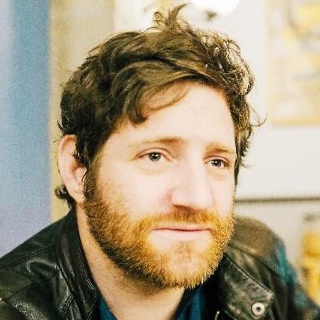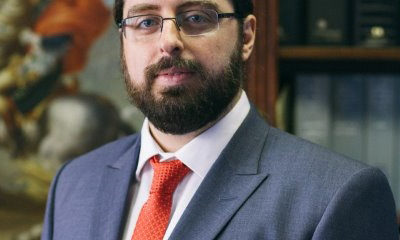
OpEds

Restoring SA-Israel ties requires tough action
Since the 7 October massacre, the South African government’s rhetoric on Israel has been increasingly hostile. The African National Congress (ANC) essentially blamed Israel for the massacre, hasn’t expressed concern for the hostages, called Hamas to express solidarity, and Parliament has taken a resolution on the closure of the Israeli embassy in South Africa. The latter would have disastrous effects not just on Jewish South Africans, but on all those who want to interact with Israel for religious, commercial, or cultural reasons.
However a window of opportunity is opening in which there’s hope for ties between South Africa and Israel to be restored. In order to understand where such a window might come from, we need to understand the key driver behind this rhetoric. In spite of all the events surrounding the war between Israel and Hamas and the complexities of the conflict for the ANC and its alliance, this is a lot more simple and basically has to do more with ideology than humanity. They tend to view the issue more like a problem out of the Cold War in which Israel represents as white, colonial, Western and capitalist versus the brown, oppressed, third-world Palestinians.
Within such a framework, anything that the Palestinians do to harm Israel including violence against civilians is considered acceptable, and anything that Israel does to defend itself isn’t considered legitimate. An example of this approach is Ronnie Kasrils who was recently called out on X, formerly Twitter, for lying about the history of the ANC to justify the murder of Israeli civilians. As an extension of this framework, anything the ANC does to support the Palestinians is considered appropriate as a basic question of ideology.
Whatever society might think of the ANC as corrupt or incompetent, the ANC considers itself a revolutionary movement, and believes it should lead society to conform to its ideological strictures including on the issue of Israel. It’s important to note this ideological approach operates regardless of who the president or other office bearers of the organisation are. One can see this in action on issues such as land reform, black economic empowerment, or the National Health Insurance.
This doesn’t mean that the ANC always gets its way. Because it has to operate in a liberal, democratic, free market system, sometimes public push-back against its policies means that it has to retreat. A good example of this is the e-toll saga, in which through a combination of protests, public pressure, non-compliance, bad media, legal challenges, and potential damage at the polls, the ANC eventually scrapped what would otherwise have been an important change to how road infrastructure was financed.
For many years, similar approaches have been used by a variety of groups supportive of Israel to help manage the ANC and the government’s approach to the Middle East. However, the severity of the war has given the ANC more room than normal to pursue its ideological preferences in the Middle East, which means that tougher tools need to be brought to bear to deter the ANC from following through with its current trajectory.
This brings us to the window that’s opening up in four distinct areas. The first is the national elections, in which the ANC is crashing in the polls and may lose not just key provinces but also its national majority. The second is the national economy and upcoming budget. The country is running at a large deficit, and cannot afford to have any more shocks to investor confidence. Thirdly, there’s an American election coming in 2024, in which foreign policy is starting to become a major topic of discussion, especially around questions of what countries are aligned with American interests. Lastly, in 2025, the African Growth and Opportunities Act (AGOA), a preferential trade deal of which South Africa is a beneficiary, is set to be ratified for another term. There’s tension between the White House, which wants to continue the policy, and the Senate, which feels like certain countries including South Africa are no longer deserving of its benefits. South Africa could be on the chopping block, which would exacerbate its already fragile economic standing.
All this means that for the next 12 months, government, and by extension the ANC, is vulnerable to the argument that it has franchised out its foreign policy to extremist foreign actors, and that this is making sustainable investment impossible. If enough business people backed by civil society were to get together to say this and publicly support political entities that promise to restore the status quo, it would send a signal that it’s no longer business as usual when it comes to a relationship between Israel and South Africa. In addition, sending high-level public delegations to Western capitals complaining about the government’s conduct and suggesting that AGOA be conditioned on more favourable relations with Israel would make sure that an important trade deal that helps South Africans will result in some real accountability from the South African government.
While such an approach would probably not be popular among the government or even the news media, if the pro-Israel forces in the country hold firm, there’s a good opportunity to bring government to the negotiating table to find a mature way to manage relations with Israel going forward.
- Benji Shulman is the director of public policy for the South African Zionist Federation.











Hank
January 8, 2024 at 7:10 pm
The ANC must concentrate on South Africa’s problems.It is just a pity that this organization choose Israel as it escape goat for it’s propoganda to get the Muslim vote.Sies for you Ramaphosa! Now you want to bring a curse over our country! Sies!